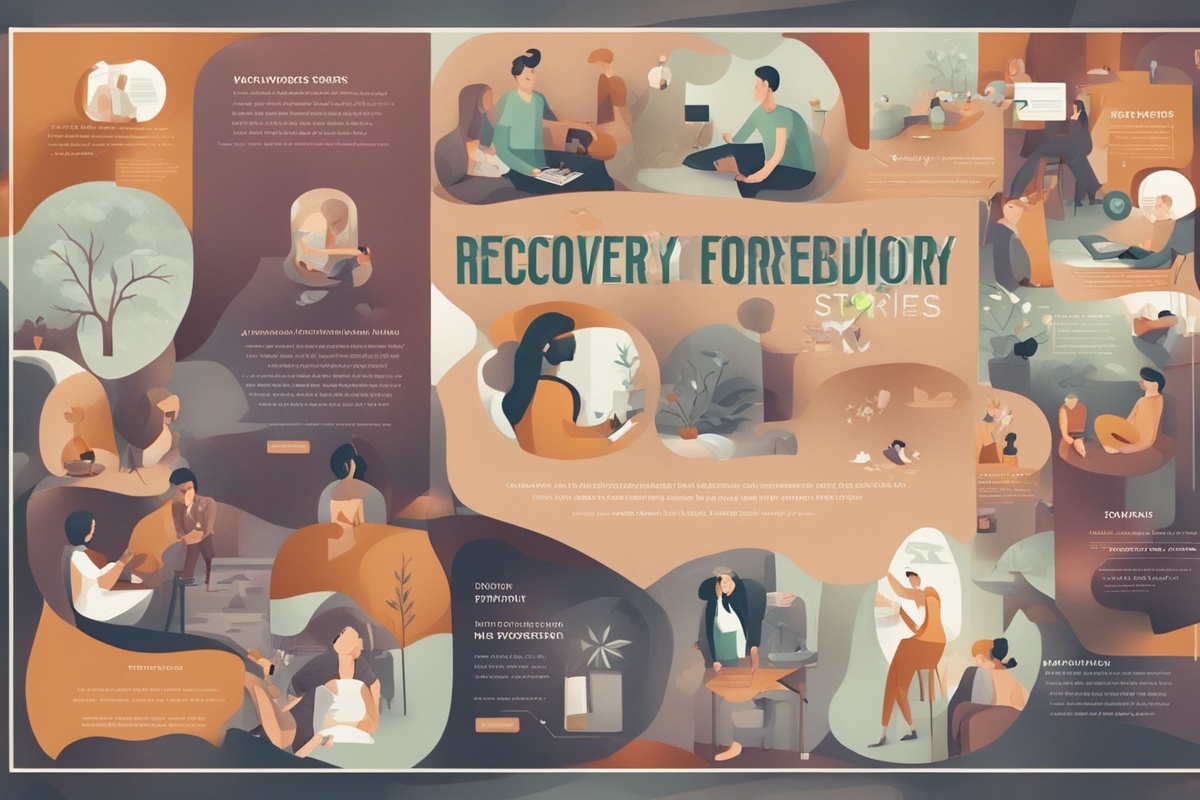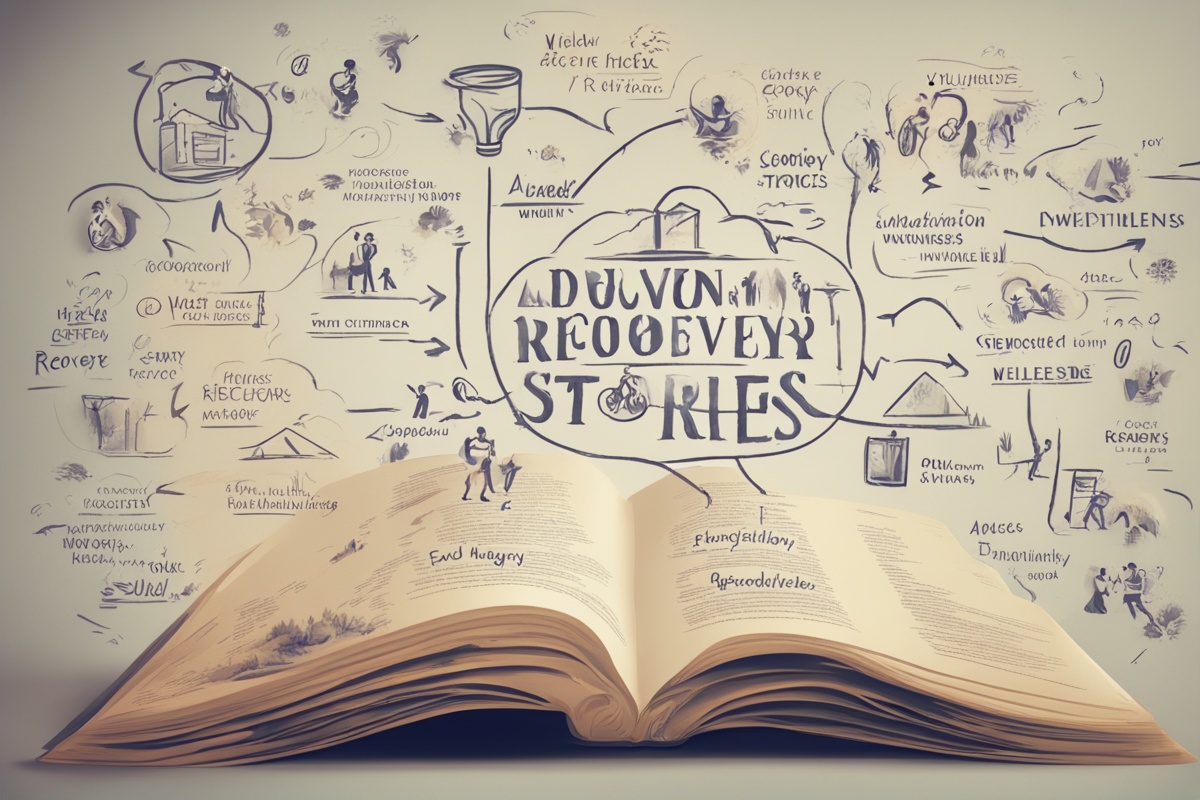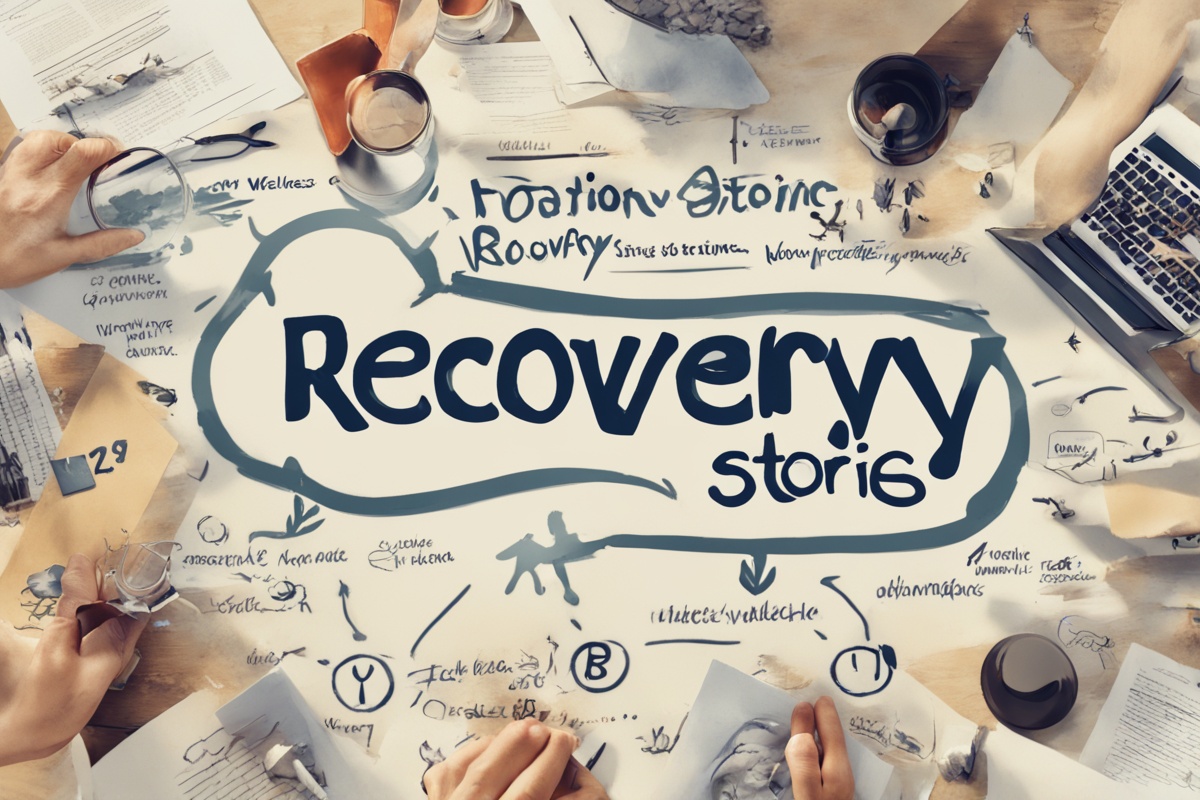Every story of overcoming addiction is a testament to human resilience. When we talk about inspiring journeys from addiction, we’re diving into narratives that don’t just tug at the heartstrings—they remind us that no matter how deep the struggle, there’s always a flicker of hope waiting to be fanned into a flame. These stories aren’t just about quitting a substance; they’re about rediscovering purpose, rebuilding relationships, and reclaiming life itself. If you’ve ever felt trapped in a cycle of despair, or if you’re supporting someone who is, let me take you through some incredible tales of transformation, paired with practical insights I’ve gathered from years of observing and studying recovery paths. Imagine you’re sitting across from someone who’s been to the edge and back—let’s unpack what their journey can teach us.
The Power of Inspiring Journeys from Addiction
What is it about inspiring journeys from addiction that captivates us so much? Is it the raw honesty of hitting rock bottom, or the sheer grit it takes to climb back up? I think it’s both. These stories resonate because they reflect a universal truth: we all face battles, whether they’re visible or not. Take, for instance, the story of a friend I’ll call Mark—a guy who battled alcohol dependency for over a decade. Mark’s life looked picture-perfect on the outside: a steady job, a loving family. But behind closed doors, he was drowning in bottles of whiskey, using them to numb the pain of unresolved trauma. His turning point came when his daughter, just six years old, asked him why he was “always sleepy.” That innocent question hit harder than any intervention could. It was his wake-up call. Mark’s journey wasn’t linear—there were relapses, tears, and doubts—but today, he’s five years sober, coaching others through their struggles. His story isn’t unique in its pain, but it’s inspiring in its persistence. These journeys show us that recovery isn’t a destination; it’s a daily choice.
Common Threads in Stories of Recovery
While every addiction story is personal, there are common threads that weave through many inspiring journeys from addiction. First, there’s often a defining moment—a point of no return. For some, it’s a health scare; for others, it’s losing something or someone they love. Then there’s the role of community. I’ve seen time and again how support systems, whether through family, friends, or groups like Alcoholics Anonymous, become lifelines. I remember volunteering at a local recovery center a few years back and meeting a woman named Sarah. She’d struggled with opioid addiction after a surgery gone wrong led to over-prescription. Alone, she felt powerless. But in group therapy, she found people who “got it”—people who didn’t judge but listened. That shared understanding gave her the strength to keep going. Another thread is the shift in mindset. Recovery often starts when someone decides they’re worth fighting for. It’s not just about quitting a substance; it’s about rewriting your self-narrative. Have you ever noticed how the most powerful stories aren’t about perfection but about progress?
Lessons Learned from Inspiring Journeys from Addiction
One of the biggest takeaways from inspiring journeys from addiction is that recovery teaches life lessons far beyond sobriety. Resilience, for starters. Every relapse, every hard day, builds a kind of mental muscle you didn’t know you had. There’s also the power of vulnerability. I’ve spoken with countless individuals who say opening up about their struggles—whether to a therapist or a trusted friend—was the hardest but most freeing step they took. Let’s not sugarcoat it, though: the road is rough. Imagine you’re dealing with cravings so intense they feel like a physical ache, or shame so heavy it keeps you up at night. Yet, these stories show that facing those feelings head-on, rather than running from them, is what sparks real change. Another lesson is the importance of routine. Many recovered individuals I’ve met swear by small, consistent habits—morning walks, journaling, or meditation—that anchor them when temptation looms. These aren’t just coping mechanisms; they’re acts of self-care that rebuild trust in oneself.
Challenges Along the Path to Recovery
Let’s be real: inspiring journeys from addiction aren’t all sunshine and rainbows. The challenges are immense, and pretending otherwise does a disservice to those in the trenches. Physical withdrawal is often the first hurdle, and it can be brutal—think nausea, tremors, or even seizures in severe cases. Then there’s the emotional toll. Addiction often masks deeper issues like anxiety or depression, and without the crutch of a substance, those feelings come roaring back. I recall a conversation with a former client who described this as “learning to feel again.” It’s terrifying. Social stigma doesn’t help either. Even in 2023, too many people view addiction as a moral failing rather than a medical condition. This judgment can isolate individuals just when they need connection most. And don’t get me started on access to resources—quality rehab programs, therapy, or even basic support groups aren’t always affordable or available. Yet, despite these barriers, people persevere. Isn’t that the heart of these stories? The ability to keep going, even when the odds are stacked against you?
How to Draw Strength from Inspiring Journeys from Addiction
So, how can you—or someone you love—draw strength from these inspiring journeys from addiction? First, let these stories remind you that you’re not alone. Addiction thrives in isolation, but knowing others have walked this path can be a powerful antidote to despair. If you’re struggling, consider reaching out to a support group or even reading memoirs of recovery—books like “Beautiful Boy” by David Sheff offer raw, relatable insights. Second, set small, achievable goals. I’ve seen people get overwhelmed by the idea of “forever” sobriety, but focusing on one day at a time makes the journey less daunting. Third, find your “why.” Whether it’s for your kids, your health, or simply to prove to yourself you can, having a personal reason to fight keeps you grounded. Finally, don’t shy away from professional help. Therapists, counselors, and medical professionals can provide tools and strategies tailored to your needs. I’ve witnessed firsthand how cognitive-behavioral therapy, for instance, helps rewire negative thought patterns that fuel addiction. Why not give yourself every chance to succeed?
The Ripple Effect of Recovery Stories
Here’s something beautiful about inspiring journeys from addiction: they don’t just impact the individual—they create a ripple effect. When someone turns their life around, they often inspire others to do the same. I think of a local hero in my community, a man who, after overcoming heroin addiction, started a nonprofit to help teens access counseling. His story didn’t just save him; it’s saving others. Families heal, too. Spouses, parents, and children who’ve endured the chaos of addiction often find renewed hope when their loved one recovers. And society benefits—less strain on healthcare systems, fewer crimes tied to substance abuse. Isn’t it amazing how one person’s courage can touch so many lives? If you’re on this journey, remember: your struggle isn’t just yours. Your victory could be someone else’s lighthouse.
As we wrap up, I hope these insights into inspiring journeys from addiction have sparked something in you—whether it’s hope, determination, or simply a deeper understanding. Recovery isn’t a straight line, and it’s okay to stumble. What matters is getting back up. If you or someone you know is battling addiction, know that every step forward, no matter how small, is a triumph. Let these stories be your reminder: you’ve got the strength to rewrite your ending. And if you’re ever in doubt, reach out—there’s a whole community ready to catch you when you fall.
References
- National Institute on Drug Abuse – Treatment and Recovery
- Substance Abuse and Mental Health Services Administration – Recovery Resources
- National Center for Biotechnology Information – Addiction Recovery: A Systematic Review
- Alcoholics Anonymous – Official Site for Support and Resources
Disclaimer: This article is for informational purposes only, based on general research, personal observations, and shared experiences. It is not intended to serve as a substitute for professional medical, psychological, or therapeutic advice. Addiction and recovery are complex, deeply personal processes, and what works for one individual may not work for another. Always consult a qualified healthcare provider, counselor, or addiction specialist for personalized guidance tailored to your specific situation. If you or someone you know is in immediate crisis, please reach out to emergency services or a helpline such as the SAMHSA National Helpline at 1-800-662-HELP (4357) for immediate support.
This content is for informational purposes only and not a substitute for professional advice.




